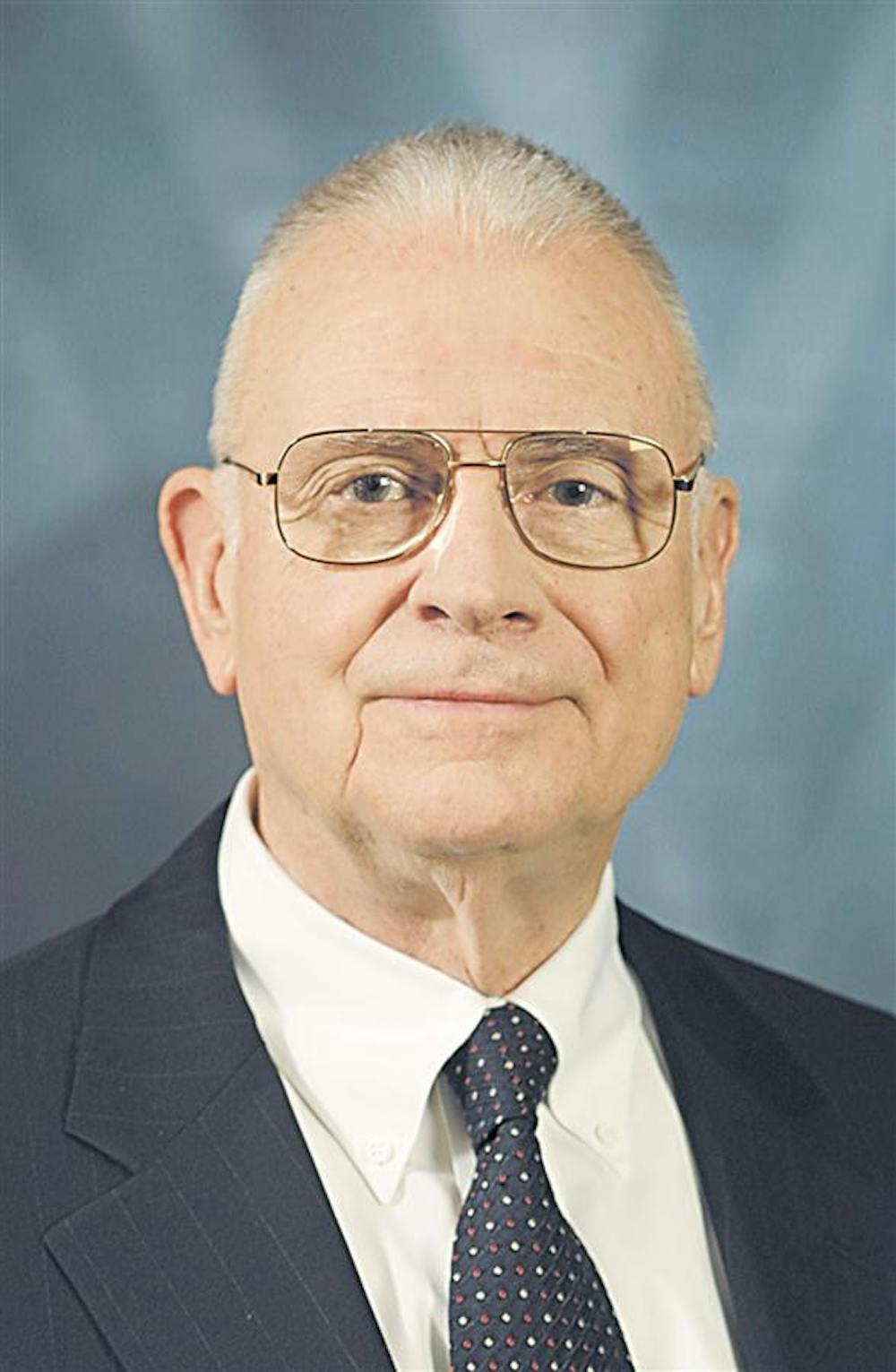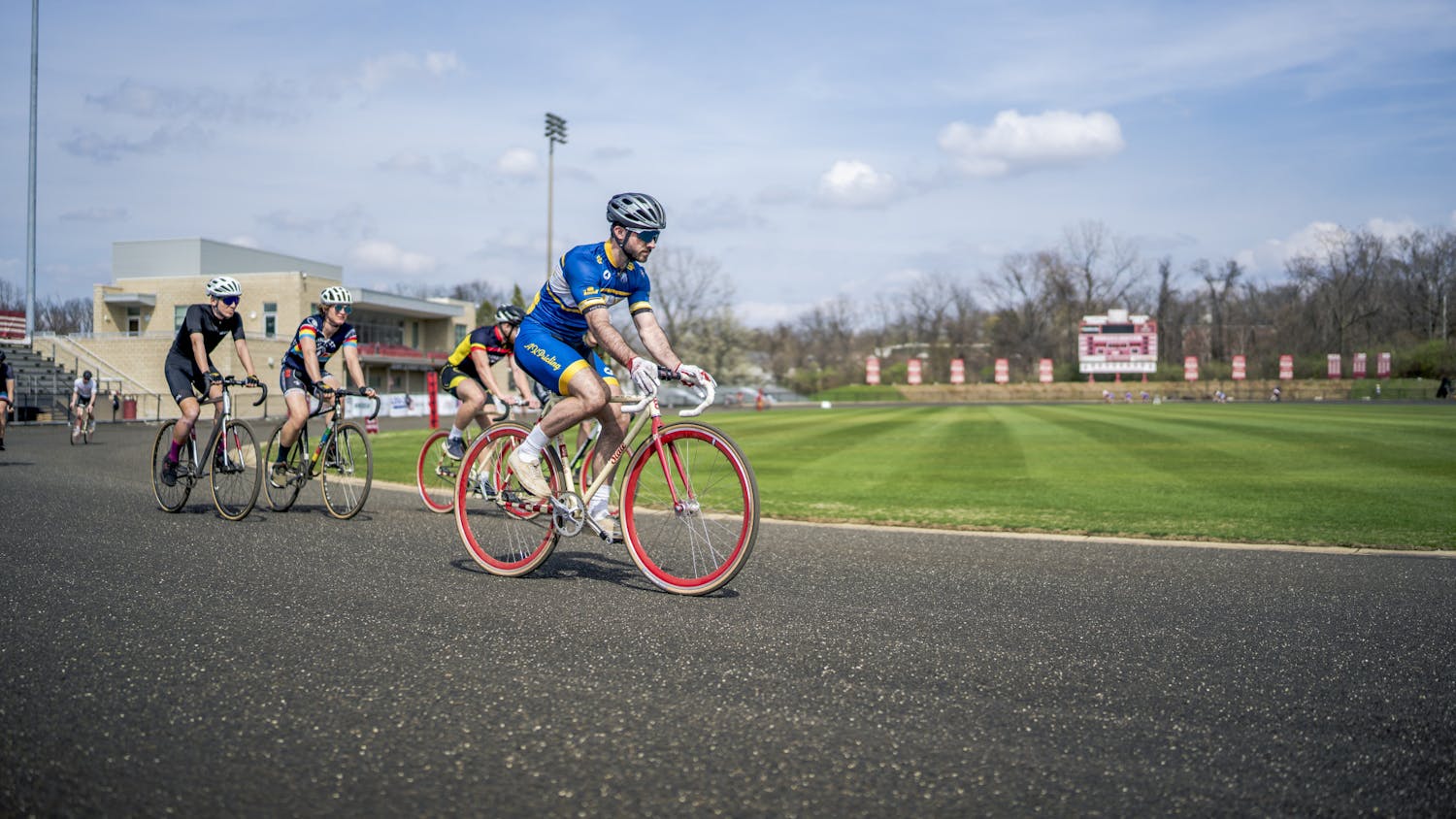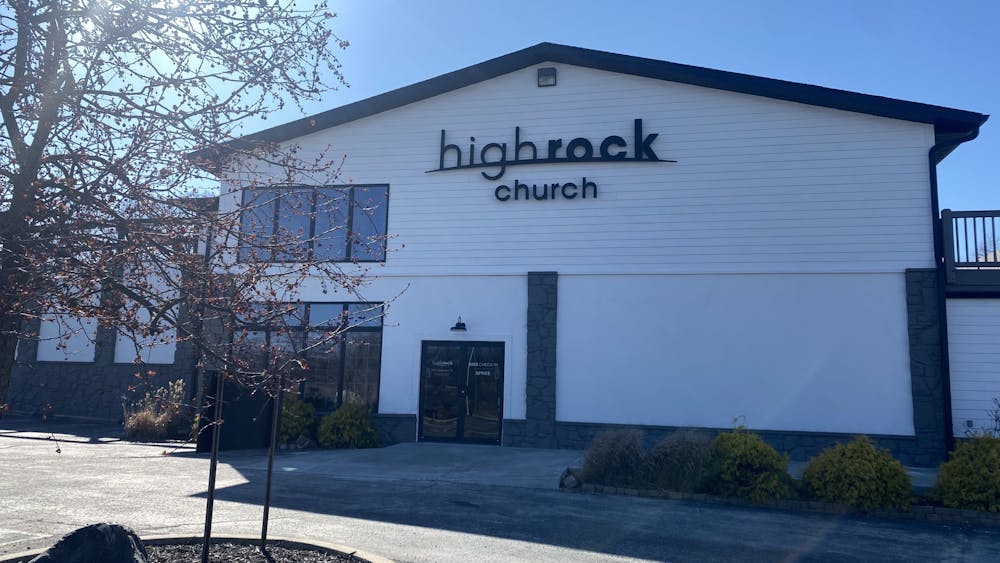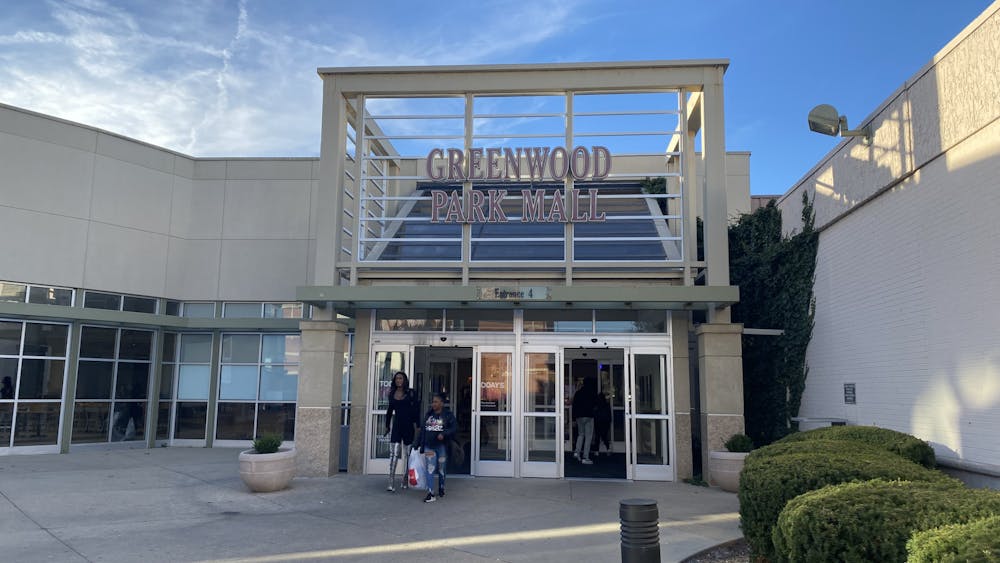Ten years in the wake of 9/11, Lee Hamilton, a former congressman from Indiana’s 9th District, joins countless Americans remembering the exact moment when home was no longer the same place.
Asked to reflect on these seconds of confusion and much-later realizations, his aged but strong voice gave no hesitation in its detailed retelling.
“I was sitting on an airplane at Washington National Airport,” he said. “The plane was about to pull away when the flight attendant came running through the aisle, telling us we all needed to get off quickly. I thought there was a fire.”
There was indeed a fire.
But it was miles away at the Pentagon.
Once off the plane and in the terminal, Hamilton and his fellow passengers could see smoke billowing from the north. Many assumed a helicopter had accidentally crashed into the building.
Once an accurate account was relayed of a terrorist attack on the country, Hamilton’s reaction was two-fold.
“I was surprised at the magnitude of the attack. However, I was not surprised at the attack itself,” he said.
The United States National Security Council, with which Hamilton worked, believed an attack was coming. However, the Council assumed it would target American installations abroad.
The former congressman again emphasized that the surprise was the degree of the attack’s consequence on American soil.
Soon after, Congress nominated Hamilton as vice chairman of the National Commission on Terrorist Attacks Upon the United States, more commonly known as the 9/11 Commission.
“It is my attitude, when asked from a high-ranking official, to accept the heavy obligation. They gave me a strong pitch about the Commission’s importance,” he said. “Serving on it would be a huge responsibility.”
The Commission was formed both to tell the story of Sept. 11 and to improve the country’s readiness for possible future terrorist attacks.
Hamilton described this as a very broad mandate and “huge investigative task” for the staff of 70 people.
“It was an enormously complex effort on behalf of all of us. It was our job, after the journalists, to now write the second draft of that day,” he said.
In Hamilton’s opinion, the Commission reasonably fulfilled these tasks. Their story was accurate, giving many recommendations for the country’s increased safety.
However, his aged voice, accompanied by even stronger straightforward tone, repeatedly made a point: it is a work in progress.
Ten years later, in the confines of the nation’s capital, Hamilton is still occupied with the task of trying to highlight the good that came from one of America’s worst tragedies.
The agenda for his stay in Washington, D.C., includes testifying in front of the House of Representatives about recommendations from the Commission that have not yet been acted upon. Later, he will advise President Obama about security matters.
Having once attended law school at IU, Hamilton still spends some of his time in Bloomington. He currently serves as the director of the IU Center on Congress.
When asked the final and possibly most challenging question of whether this Commission did justice for the surviving victims of the worst terrorist attack on American soil, Hamilton, though sticking with that same straightforward tone of a congressman, gave the slight hint of awe and respect for the people who define the tragedy.
“The 9/11 families were very sophisticated and helpful with our work. To this day, I consider many of them good friends,” he said. “Without them, there would be no Commission.”
9/11 Commission member reflects on attacks

Get stories like this in your inbox
Subscribe





